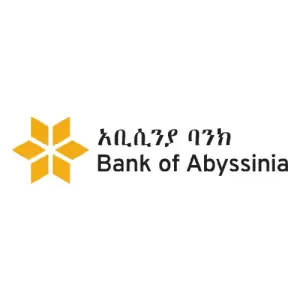The International Monetary Fund (IMF) recently updated its inflation forecast for Ethiopia for the fiscal year 2024/25 and raised hopes for the economic recovery of Ethiopia. The IMF praised the efforts of the government of Ethiopia to manage rising prices amid ongoing macroeconomic reforms. The foreign exchange supply response has been slower than expected despite implementing a flexible exchange rate.
Key Developments
- Inflation Forecast: The IMF revised its inflation estimate from 30.1% to 25%. This change follows lower-than-expected inflation rates in July and August 2024, which saw headline inflation drop to 17.2%. Reduced food price inflation primarily drove this decline.
- Government Actions: To combat perceived unjustified price hikes, local authorities in Addis Ababa temporarily closed shops. The central government imported 50 million litres of edible oil and $20 million of sugar to increase supply and stabilize prices.
- Foreign Exchange Reserves: By August 16, 2024, Ethiopia’s foreign exchange reserves rose from USD 1.4 billion in June to USD 3.6 billion. This increase resulted from recent reforms, IMF and World Bank financial support, and higher gold export revenues.
Experts predict inflation will remain a short-term challenge as Ethiopia implements significant reforms. However, if current trends continue, inflation could fall to single digits by the fiscal year 2028/29. The IMF urges close monitoring of inflation and exchange rate developments.
As per the IMF, the proactive measures and commitment to reform by Ethiopia offer a hopeful outlook for its economic future. The government’s focus on enhancing market functioning and transparency will be vital for achieving stability and growth in the coming years.
Other Stories













The inflation is hurting low and medium-income households The rising inflation is adversely affecting households with low and medium incomes.